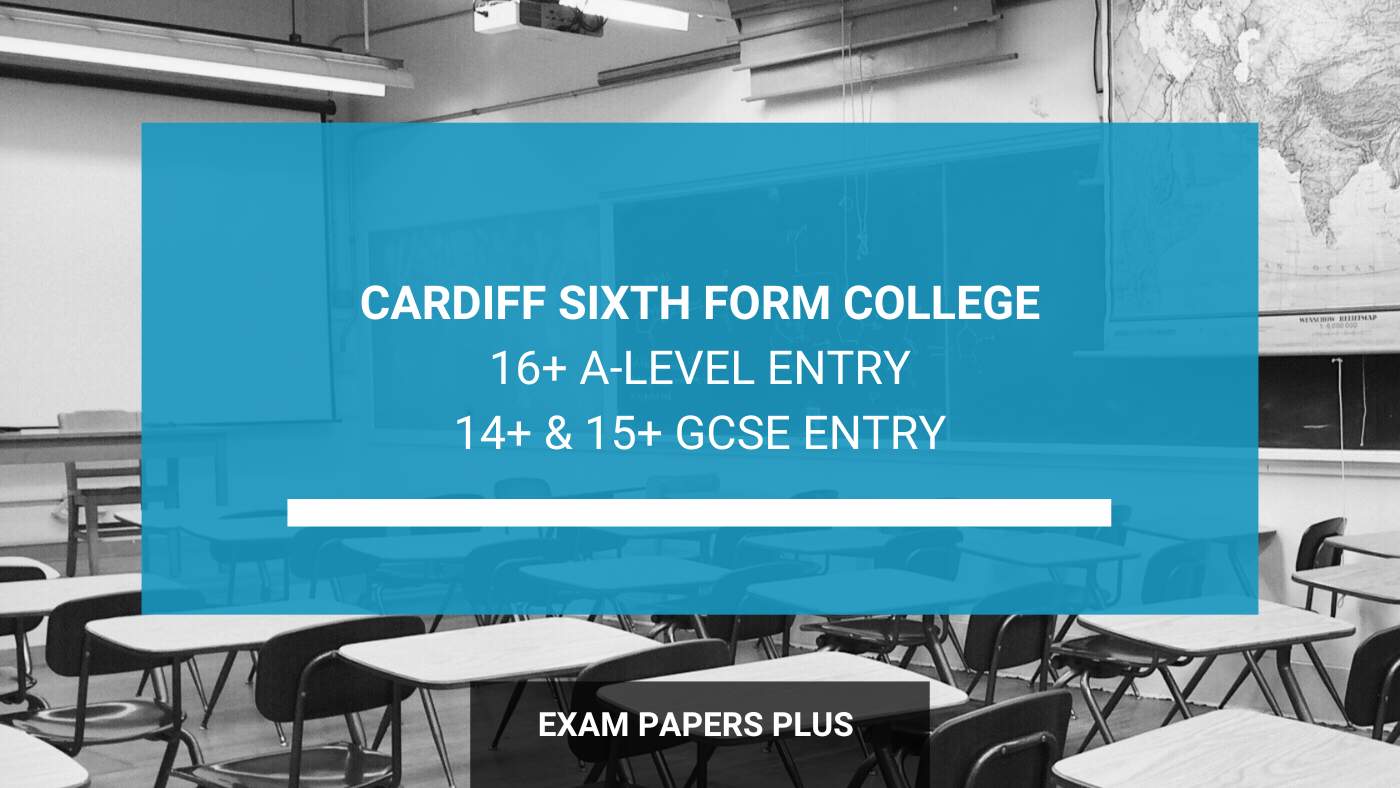
GCSE Chemistry Topics: What You Need to Know for the Exam
Bookmark this page? Pop your email into the box below to receive a link to this article so you can easily refer back to it later.
Table of Contents
Introduction
Chemistry helps us to make sense of the world around us. Whether it’s breathing, baking a cake or driving a car, its applications are used in our daily lives. Studying chemistry at GCSE helps to explain these and many other interactions. In order to perform to the best of your ability in the exam, you need to have a good understanding of the topics covered in the tests.
Below is a valuable list of all the GCSE chemistry topics students could be tested on.
There are 10 main subjects covered in the exam, split across two test papers:
- Atomic structure and the periodic table
- Bonding, structure, and the properties of matter
- Quantitative chemistry
- Chemical changes
- Energy changes
- The rate and extent of chemical change
- Organic chemistry
- Chemical analysis
- Chemistry of the atmosphere
- Using resources
The first paper covers topics 1-5, i.e. atomic structure and the periodic table; bonding, structure, and the properties of matter; quantitative chemistry, chemical changes and energy changes.
The second paper covers topics 6-10: the rate and extent of chemical change; organic chemistry; chemical analysis, chemistry of the atmosphere and using resources.
Each exam lasts for one hour and 45 minutes and each counts for 50% of the final GCSE mark. For more information about the GCSE chemistry test structure, please visit the AQA website.
Each of the 10 topics mentioned above can be broken down into further sub-topics to provide a broader overview of the subjects that should be learned for the GCSE exam:
Atomic Structure and The Periodic Table Topics
- Atoms, elements and compounds
- Mixtures
- The model of the atom
- Electrical charges of particles
- Size and mass of atoms
- Atomic mass
- Electronic structure
- The periodic table and its groups
- Metals and non-metals
- Properties of elements
Bonding, Structure and the Properties of Matter Topics
- Chemical bonds
- Ionic bonding
- Covalent bonding
- Metallic bonding
- The three states of matter and their symbols
- Properties of ionic compounds
- Properties of small molecules
- Polymers
- Giant covalent structures
- Properties of metals and alloys
- Metals as conductors
- Structure and bonding of carbon
- Sizes of particles and their properties
- Uses of nanoparticles
Quantitative Chemistry Topics
- Conservation of mass and balanced chemical equations
- Relative formula mass
- Mass changes
- Chemical measurements and amounts
- Limiting reactants
- Concentration of solutions
- Yield and atom economy of chemical reactions
- Use of amount of substance in relation to volumes of gases
Chemical Changes Topics
- Reactivity of metals
- Extraction of metals and reduction
- Oxidation and reduction in terms of electrons
- Reactions of acids with metals
- Neutralisation of acids and salt production
- Soluble salts
- The pH scale and neutralisation
- Titrations
- Strong and weak acids
- Electrolysis
Energy Changes Topics
- Exothermic and endothermic reactions
- Reaction profiles
- The energy change of reactions
- Chemical cells and fuel cells
The Rate and Extent of Chemical Change Topics
- Calculating rates of reactions
- Factors which affect the rates of chemical reactions
- Collision theory and activation energy
- Catalysts
- Reversible reactions and dynamic equilibrium
Organic Chemistry Topics
- Crude oil, hydrocarbons and alkanes
- Fractional distillation
- Properties of hydrocarbons
- Cracking and alkenes
- Structure and formulae of alkenes
- Reactions of alkenes
- Alcohols
- Carboxylic acids
- Synthetic and naturally occurring polymers
Chemical Analysis Topics
- Pure substances
- Formulations
- Chromatography
- Identification of common gases
- Identification of ions
Chemistry of the Atmosphere Topics
- The composition and evolution of the Earth’s atmosphere
- Greenhouse gases and global climate change
- Carbon footprint
- Atmospheric pollutants
Using Resources
- Sustainable development
- Potable water
- Wastewater treatment
- Life cycle assessment
- Recycling
- The Haber process
Revision Advice for GCSE Chemistry Topics

Studying for the GCSE chemistry exam might seem scary to begin with, but there are plenty of steps students can take to make sure they are fully prepared.
The GCSE chemistry curriculum is substantial, so it’s vital to get organised when starting your revision period. As you revise, make sure you really understand each topic. Don’t move onto the next one until you are confident that you know everything you’ll need for the exam. You can’t simply rely on your memory for GCSEs — you must show you fully understand the topic(s).
Plan your revision with a timetable and learn how to make useful notes about each topic to help you understand the fundamentals of each subject. While taking notes, make yourself a few flashcards or colourful posters that summarise important formulas and how to use them. Write a key-point or topic on one side and write and explanation on the other. Test yourself by looking at the key-point side only and seeing if you can explain it without looking at the reverse of the card.
GCSE Chemistry Practice Tests
GCSE practice papers are an essential tool for revision. Regular practice will help you to understand the way the GCSE chemistry papers are structured.
The more familiar you become with the format of the exam, the fewer surprises you’ll have on exam day. Practice papers give you the opportunity to better understand the wording of exam questions, enabling you to identify the correct command word.
At Exam Papers Plus, all of our GCSE practice papers are written and developed by former GCSE physics examiners and markers. We recommend that students take our tests under timed exam conditions to improve time management skills and to get used to answering questions quickly.
Each GCSE pack focuses on the key skills that students need to develop to perform well in higher tier GCSE exams and includes detailed step-by-step answers and mark schemes for every question.
Those studying for the GCSE chemistry exam will benefit from the following:
All of our GCSE packs are available immediately after download.
Related posts:
GCSE Chemistry Help: Preparing for the Exam
GCSE Chemistry Games to Help Your Revision
Bookmark this page? Pop your email into the box below to receive a link to this article so you can easily refer back to it later.
















